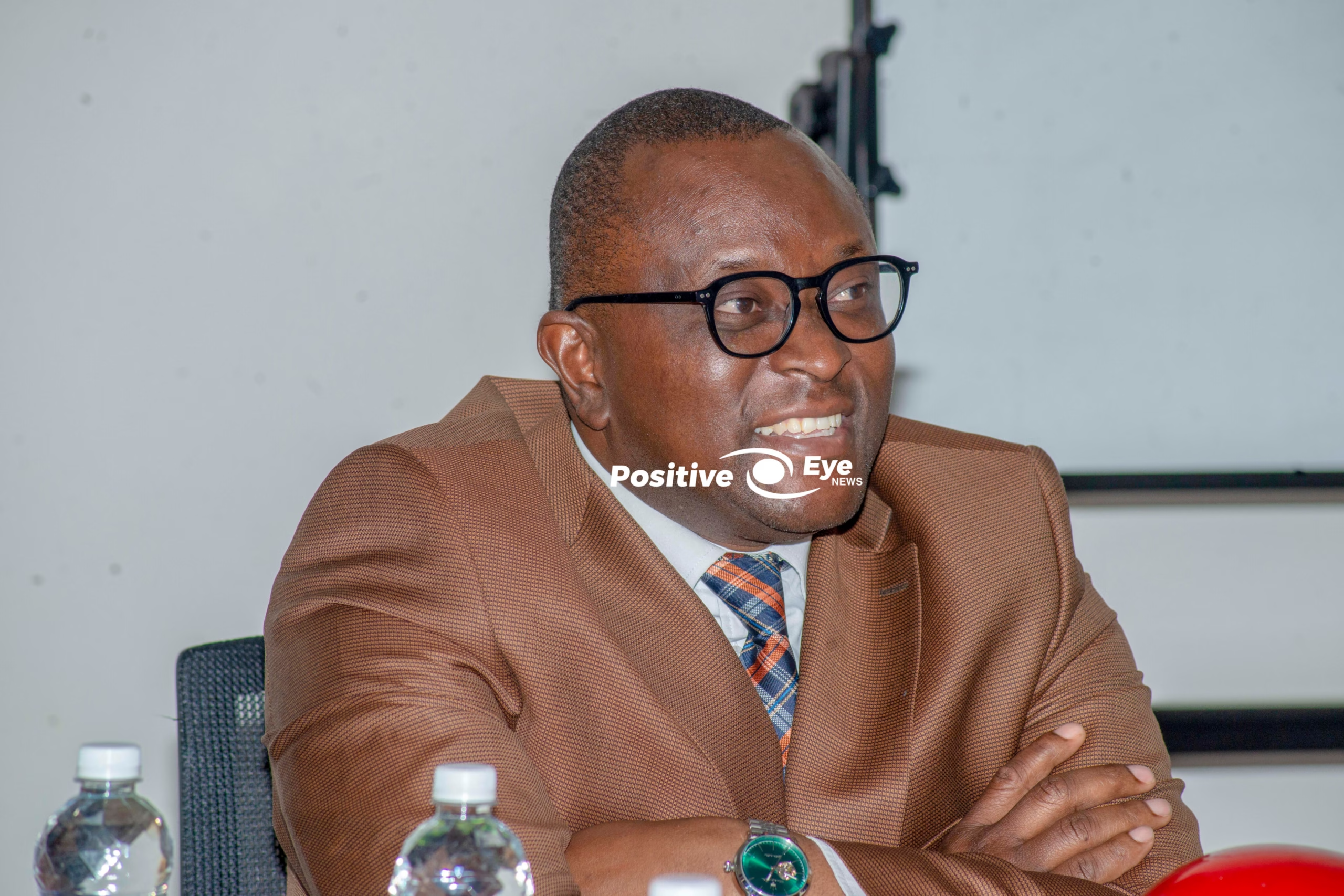
Zimbabwe’s developmental trajectory under President Dr. Emmerson Mnangagwa continues to be defined by bold reforms, decisive leadership, and a results-driven approach that bridges policy with tangible progress. The Thirtieth Post-Cabinet Briefing held on 7 October 2025 reaffirmed the Second Republic’s steady march toward Vision 2030, showcasing a nation consolidating gains in food security, industrialisation, governance, and economic competitiveness.
At the core of the deliberations was agriculture, a sector that remains both symbolic and strategic in Zimbabwe’s economic architecture. The 2024 to 2025 summer crop marketing update revealed a massive leap in performance, with grain and oilseed sales reaching 882,230 metric tonnes, representing a 387 percent increase from the previous season. This surge, coupled with record tobacco and cotton outputs, demonstrates not only the resilience of the country’s farmers but also the effectiveness of government-backed productivity schemes, irrigation rehabilitation, and contract farming models that continue to enhance food and export security.
Equally notable was Cabinet’s focus on sustainability through the adoption of a robust cloud seeding programme for the 2025 to 2026 cropping season. By integrating aircraft and drone technologies, Zimbabwe is positioning itself to mitigate climate vulnerabilities and safeguard production capacity, a futuristic approach that reinforces national food sovereignty.
Perhaps the most transformative development lies in the reform of business licensing frameworks across the retail and wholesale sectors. Cabinet approved a sweeping reduction and consolidation of fees, permits, and levies, a reform long called for by entrepreneurs seeking relief from bureaucratic and costly compliance regimes. Liquor licence fees have been reduced from US$1,080 to US$20, while bakery licences and veterinary product permits have been completely removed. The move, anchored on the principles of competitiveness and ease of doing business, signals a new era of regulatory efficiency where enterprise thrives on innovation rather than administrative hurdles.
Beyond economic reform, Cabinet’s approval of 214 Rapid Results projects under the Third 100-Day Cycle of 2025 underscores the government’s commitment to measurable progress. These projects, spanning all ten provinces, reflect a citizen-centric development philosophy that prioritises equity, local empowerment, and inclusivity. From FOCAC-linked infrastructural collaborations to social transformation initiatives drawn from the ZANU PF National People’s Conference resolutions, the programme consolidates the government’s results-based governance model where accountability and impact take precedence.
Industrialisation momentum is also gathering pace, as evidenced by the update on the Five Miles Industrial Park in Hwange. The ZH Energy-led complex, comprising a 235 megawatt coal power plant, cement factory, and coking plant, epitomises Zimbabwe’s strategic shift from resource extraction to value addition. With the project already feeding 100 megawatts into the national grid and producing 250,000 tonnes of coke and 100,000 tonnes of cement annually, it represents a tangible step toward energy security, employment creation, and domestic industrial resilience.
In the social development matrix, the Water, Sanitation and Hygiene report provided encouraging metrics. Dam levels are at 77.8 percent capacity, well above seasonal averages, while access to safe drinking water now stands at 97 percent nationally, and sanitation coverage has risen to 77.1 percent. Under the Presidential Rural Development Programme, 4,194 boreholes have been drilled and 906 business units established, significantly improving rural livelihoods and community enterprise. The government has also prioritised the completion of major projects such as Kunzvi Dam and Lake Gwayi-Shangani to ensure sustainable water security.
Diplomatically, President Mnangagwa’s attendance at the inauguration of Malawi’s President Professor Peter Mutharika highlighted Zimbabwe’s continued commitment to regional solidarity and cooperation within SADC. The engagement reaffirmed the country’s active participation in strengthening democratic institutions, peace, and mutual prosperity across Southern Africa.
Through these multifaceted developments, the Thirtieth Post-Cabinet Briefing presented a confident narrative of policy coherence and execution, reflecting a government that is steadily translating its vision into practical and measurable results.




